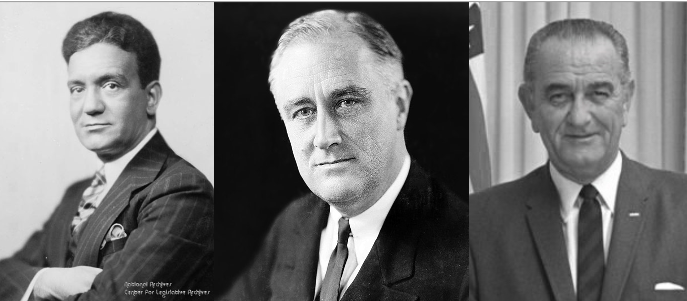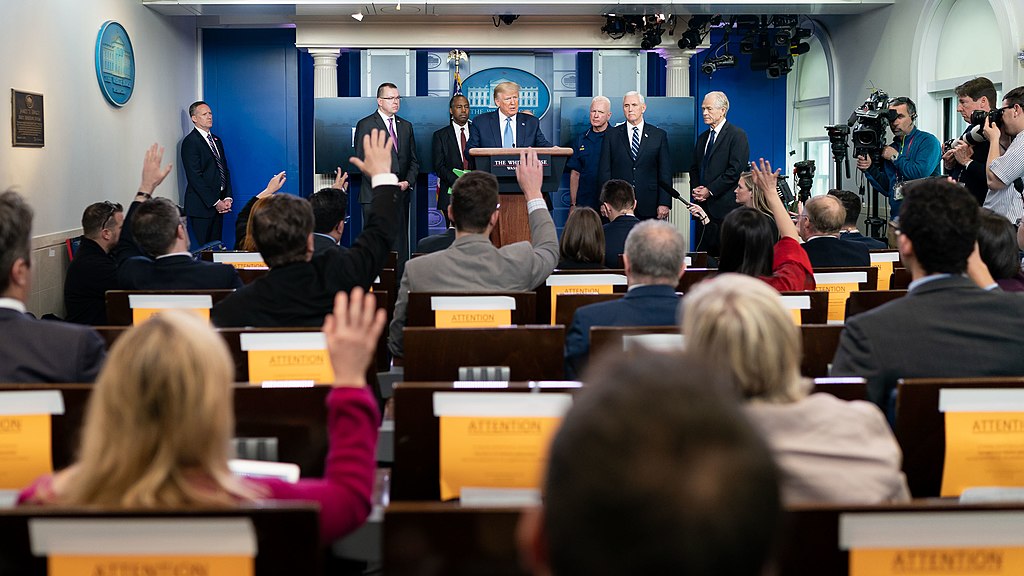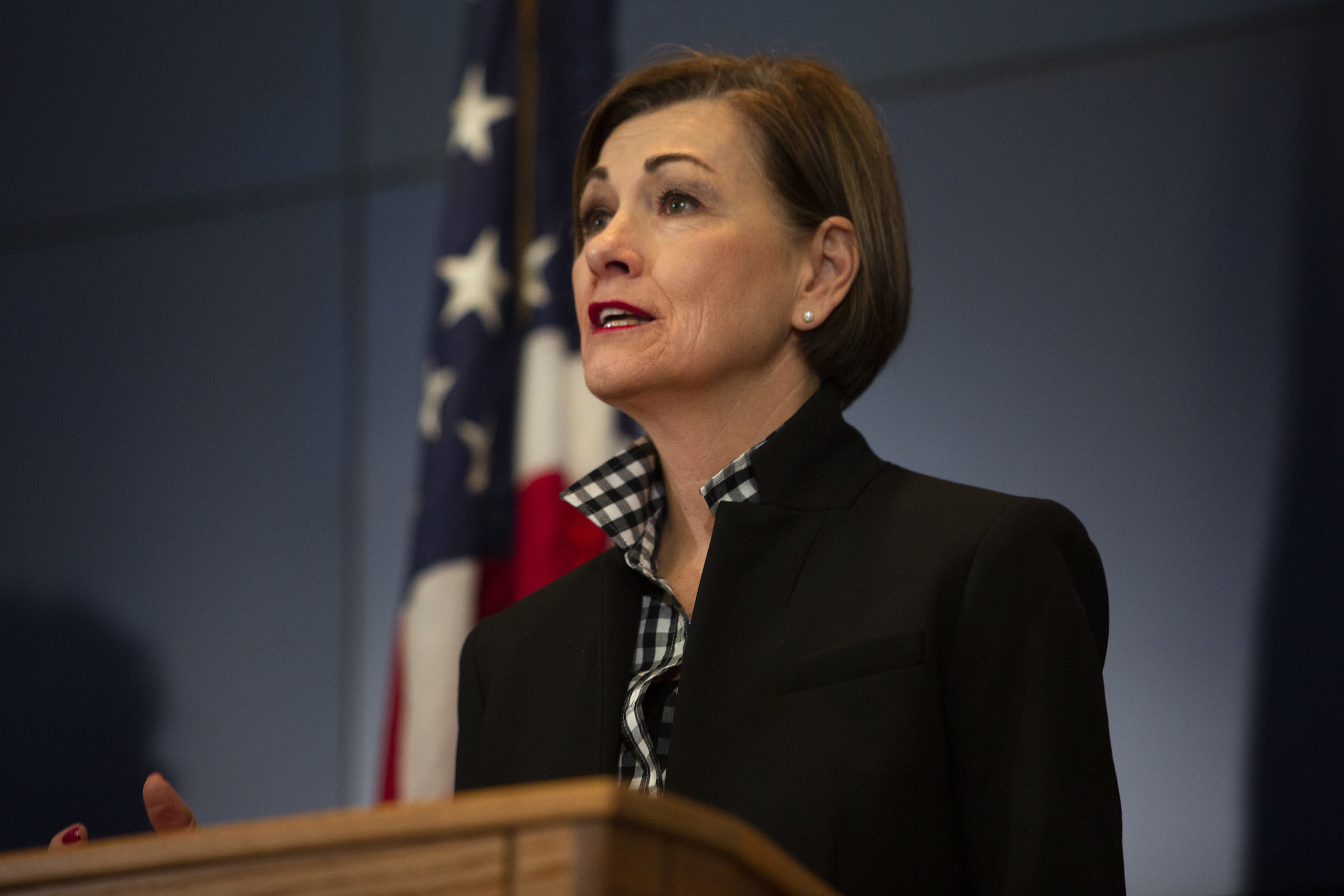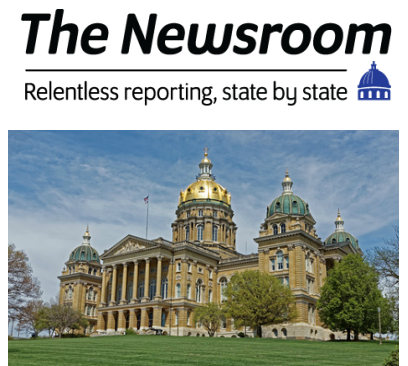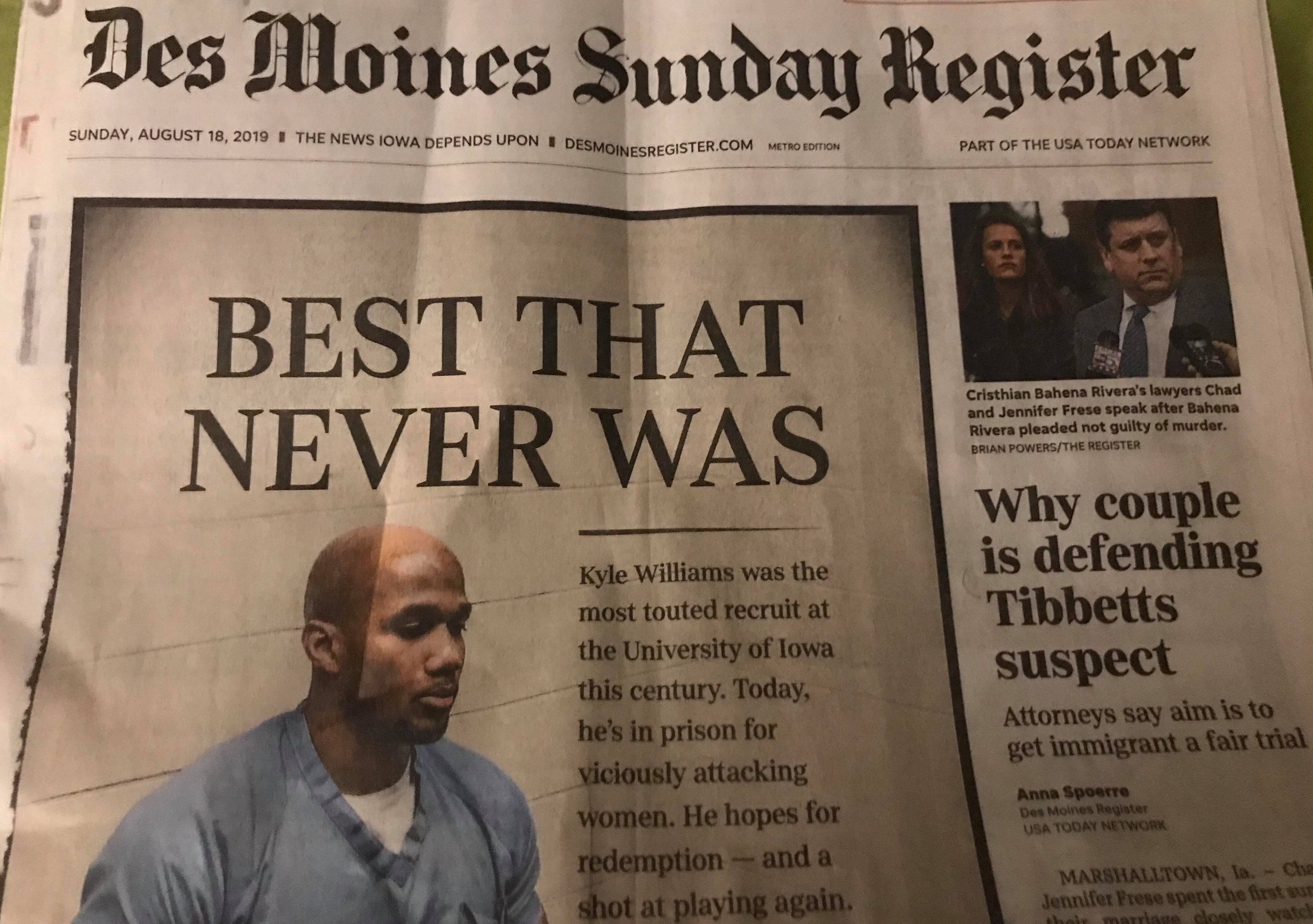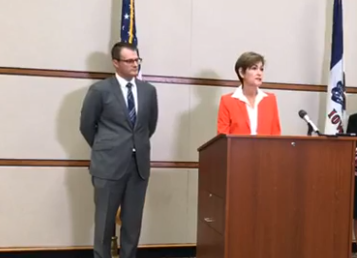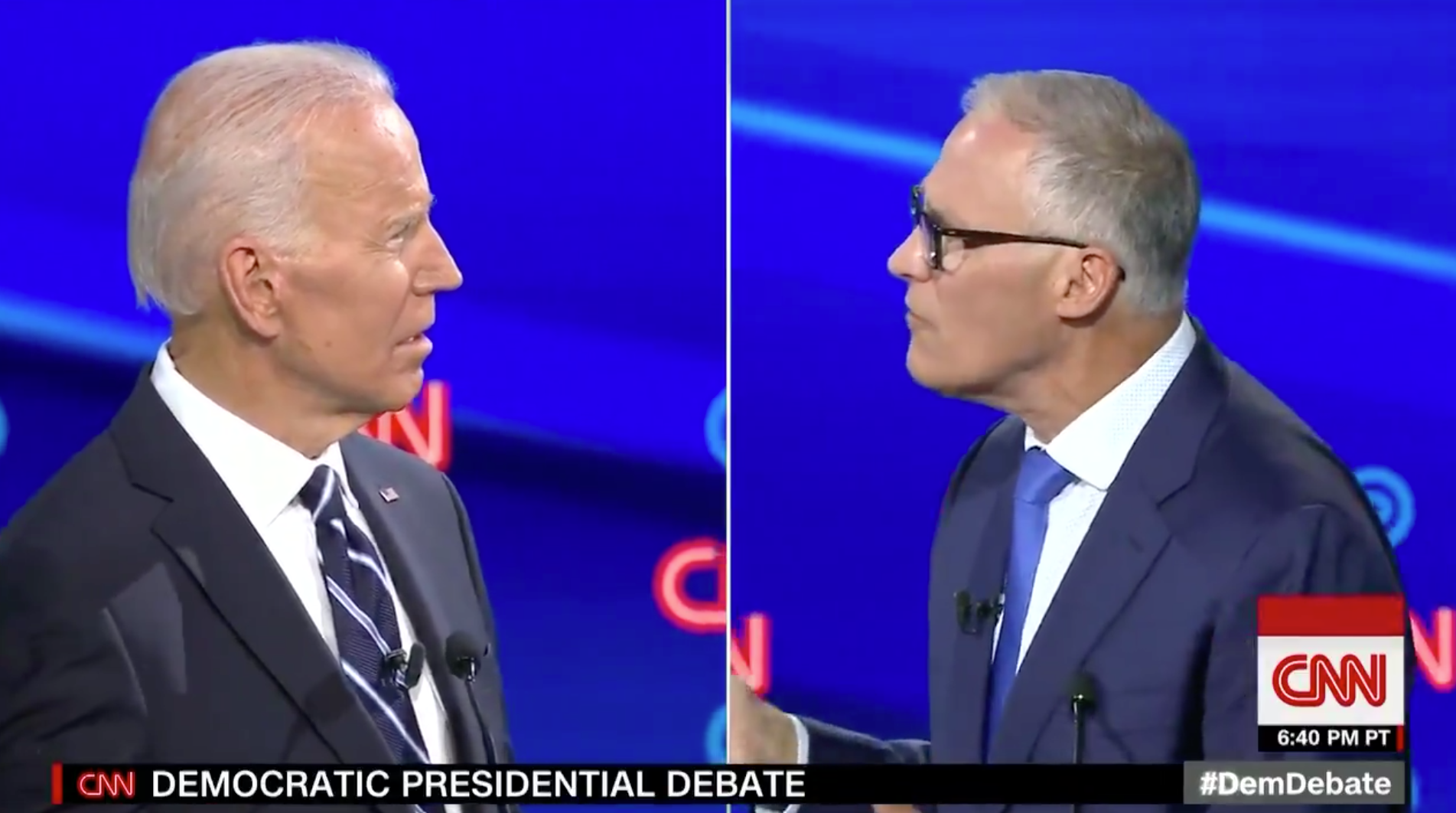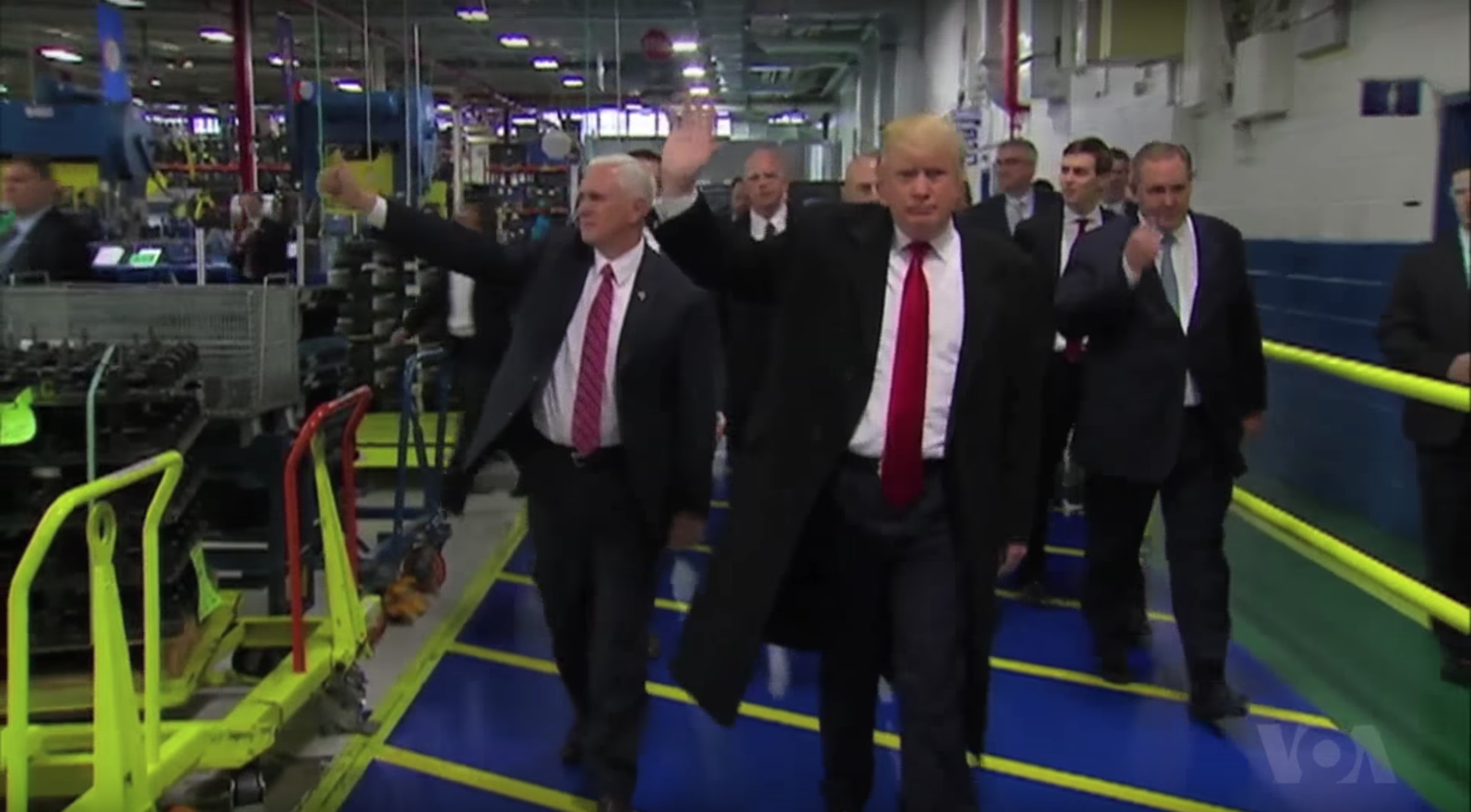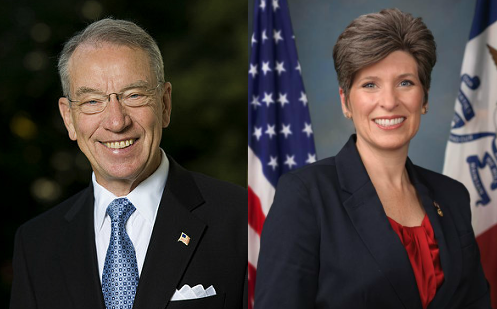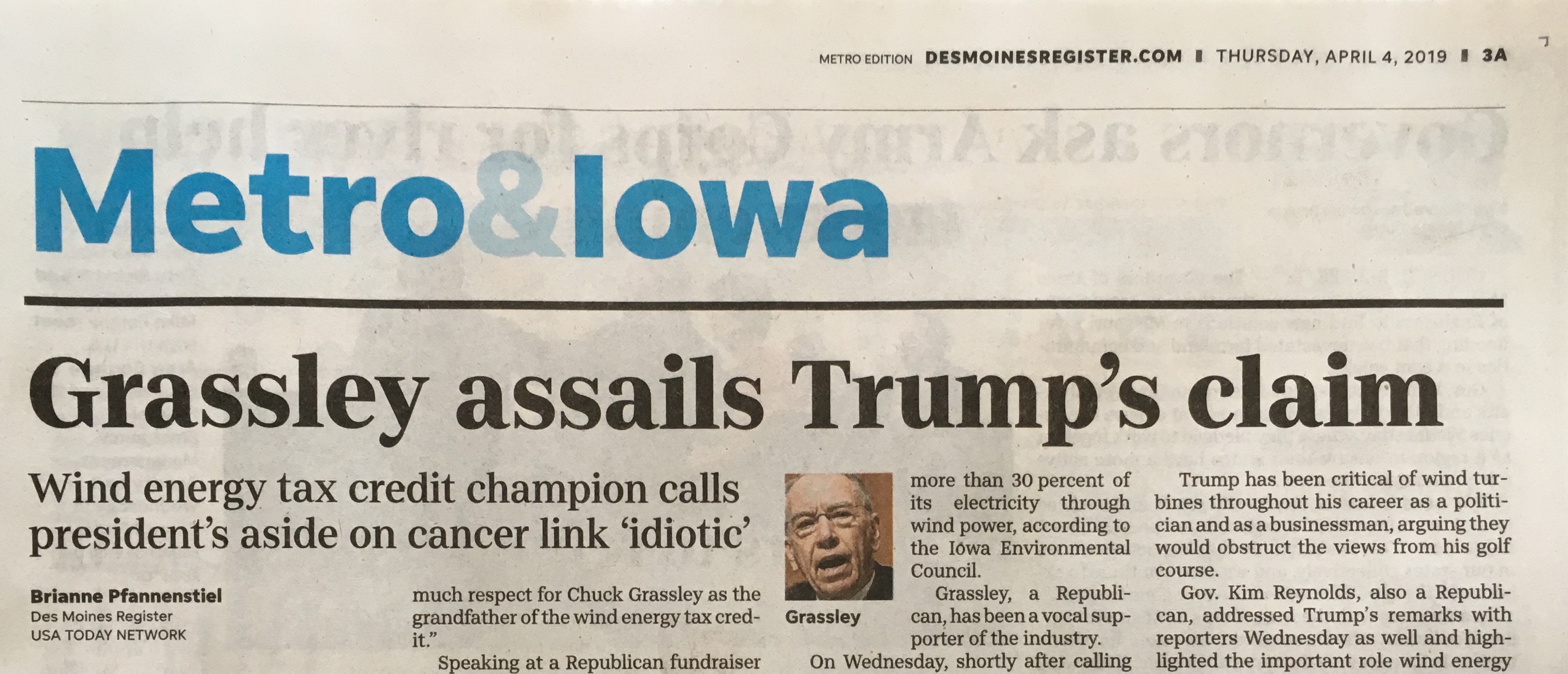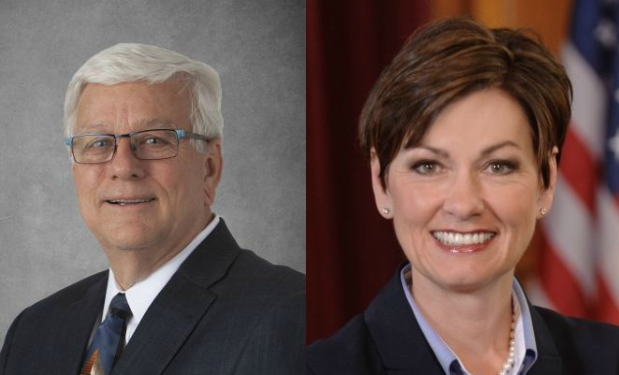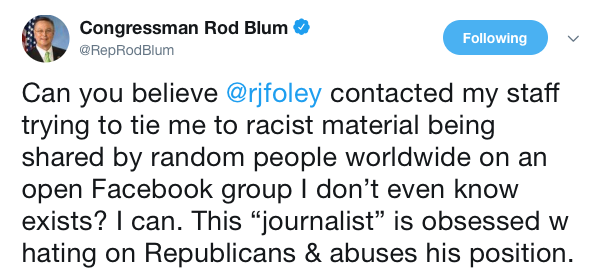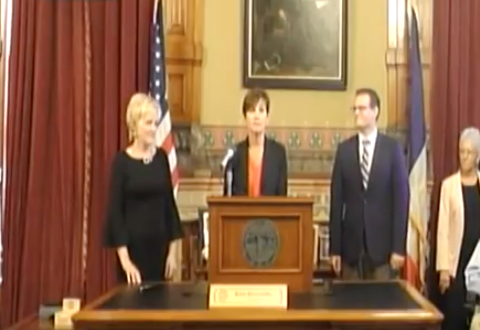In this essay adapted from his book No Longer Newsworthy: How the Mainstream Media Abandoned the Working Class, Christopher Martin notes that “the whole of the working class is hardly ever presented or imagined by the U.S. news media,” and that Donald Trump benefits from how the media typically cover labor issues. -promoted by Laura Belin
Three weeks after his surprising victory on election day, November 8, 2016, Donald Trump had what might be known one day as the best day of his presidency. And with his swearing-in ceremony still weeks away, he wasn’t officially even president yet.
On November 29, Trump confidently tweeted hints of a dramatic conclusion to reports that he had been in discussion with executives at Carrier Corporation in Indiana to save hundreds of jobs that were scheduled to be exported to a new assembly facility in Mexico: “I will be going to Indiana on Thursday to make a major announcement concerning Carrier A.C. staying in Indianapolis. Great deal for workers!”
That Thursday, December 1, Trump arrived in Indianapolis. The video, which was frequently replayed in TV news stories, shows him among more than twenty men in suits, striding triumphantly through the Carrier furnace assembly floor with his black overcoat and too-long red tie. Trump took the platform in front of a white backdrop dotted with oval blue Carrier logos and announced he was saving a lot of jobs: “Actually the number’s over 1,100 people, which is so great, which is so great.”
Although Trump has been quick to blast the mainstream news media as “fake news” whenever it does not serve his interests, he has greatly benefited from two problematic ways in which the news has recently and historically framed its coverage of the working class. First, the news media usually look at the working class only through the lens of a political news story, not through the lens of a labor or workplace story. Second, the news media typically consider the “working class” not in its entirety, but just in the stereotypical white male form, which nicely serves the purposes of divisive politicians who seek to exploit this image and divide working-class people on every other dimension: race, gender, sexual orientation, disability, and citizenship.
Continue Reading...



